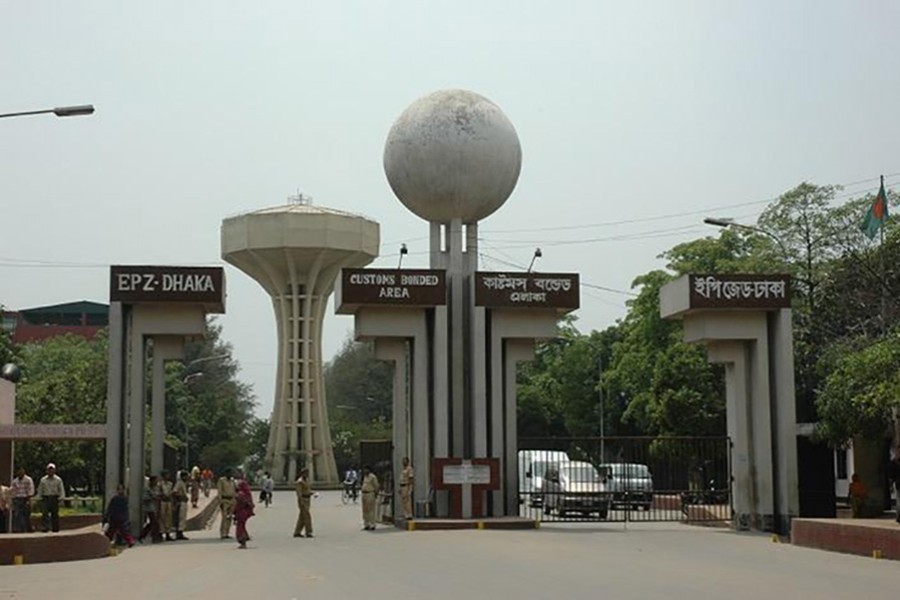Bangladesh has made commitment to the international community to make necessary amendments to the labour law and the export processing zones (EPZs) law by September next, officials said.
The commitment was made to the 'Sustainability Compact' partners at the fourth review meeting of the Compact held on June 25-26 in Brussels.
At the meeting, the freedom of association, elimination of forced and child labour, enhancement of factory safety and support for responsible business conduct were discussed.
EU trade commissioner Cecilia Malmstrom was present.
An 18-member Bangladesh delegation led by commerce minister Tofail Ahmed attended the meeting.
In July 2013, immediately after the Rana Plaza building collapse, the European Union (EU), Bangladesh and the International Labour Organisation (ILO) signed the Sustainability Compact to improve labour rights and factory safety in the country's readymade garment industry.
The United States of America (USA) and Canada joined it later.
About 85 per cent of the country's garment exports of $ 28.14 billion in the fiscal year, 2016-17, was exported to the Compact partner countries.
The EU accounted for 63 per cent or $ 17.75 billion, the USA 18 per cent or $5.2 billion and Canada 3.0 per cent or $946 million, according to an EU statement.
"The draft amendment to the labour law is almost ready. Now some fine-tuning will be done. Besides, the Prime Minister's Office is looking into the EPZ Act," state minister for labour Mujibul Haque Chunnu told the FE on Thursday.
Both the amendments will be approved in the next session of parliament scheduled to be held in September, he added.
When asked, he said both the laws have to be passed as Bangladesh committed to doing do at the International Labour Conference and Compact meeting held in June.
Quoting the EU representative, a meeting source said the EU wanted to know as to why Bangladesh did not want the Accord any more.
The commerce minister told the Compact partners that the need for the Accord and the Alliance would not be pressing after this year.
The Remediation Coordination Cell (RCC) would be capable of taking over the responsibility.
Global rights groups' representatives, however, underlined the need for the continuation of the western retailers' platforms until RCC is capable enough to take over the charge, the source said.
The International Trade Union Confederation (ITUC), in a statement issued on June 25, reiterated its call on the European Commission to hold Bangladesh accountable for its failure to comply with the conditions of the EU's GSP scheme.
The union also demanded an investigation into this.
Moreover, the partners of the Sustainability Compact should make it clear that the Accord on Fire and Building Safety must continue to operate until a national regulatory body is ready to take over its operations.
This is needed to prevent any further deaths and injuries of workers, according to the statement.
The proposed amendments to the labour law included 10 per cent reduction from the existing 30 per cent workers' representation requirement for trade union registration both in and outside EPZs factories, the ministry officials said.
Mujibul Haque Chunnu, foreign secretary Shahidul Haque, commerce secretary Shubhashish Bose, labour secretary Afroza Khan, president of the Federation of Bangladesh Chambers of Commerce and Industry Shafiul Islam Mohiuddin, and president of the Bangladesh Garment Manufacturers and Exporters Association Md Siddiqur Rahman, among others, were in the delegation to the Brussels meeting.


